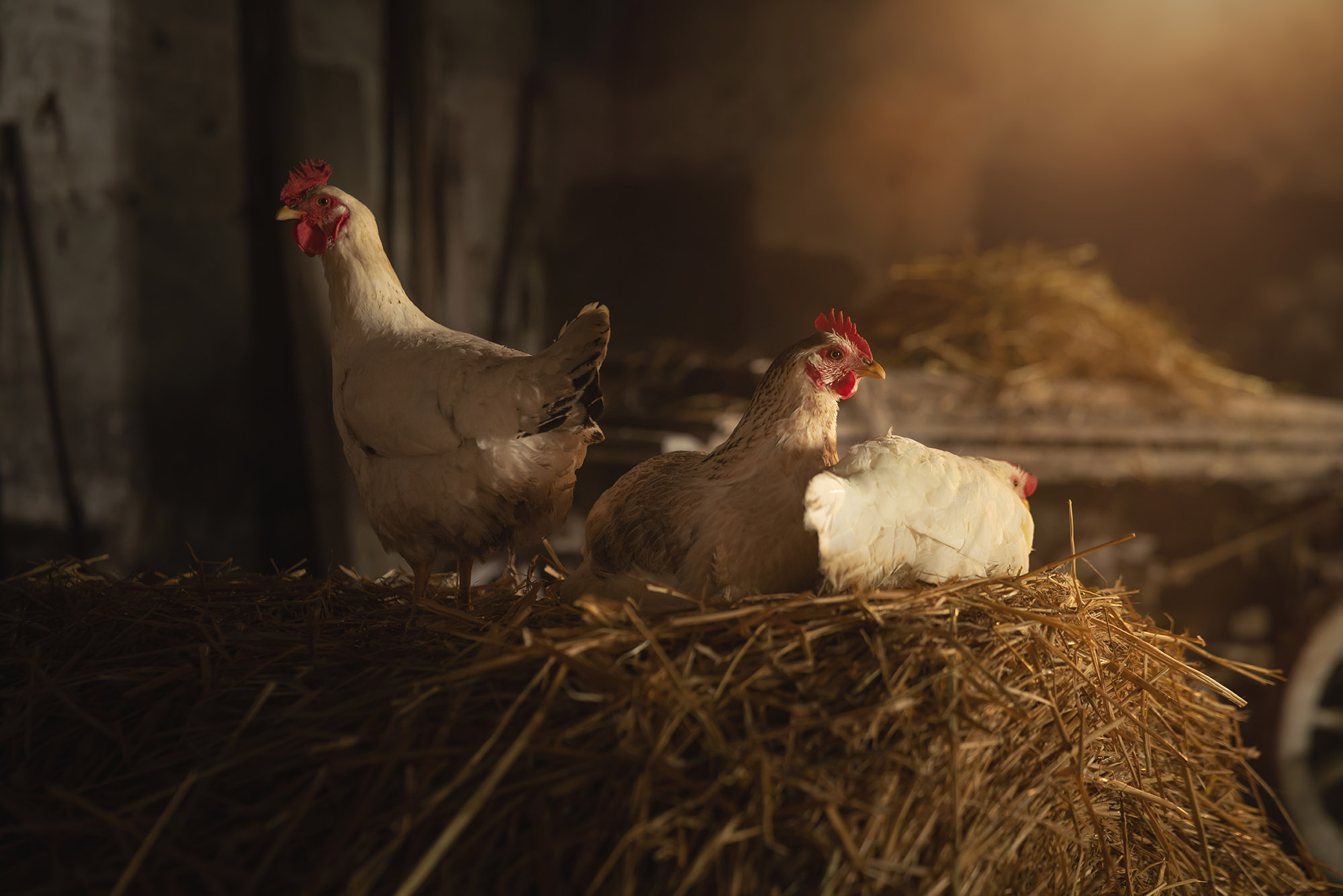Are You Considering Raising Chickens?
As the inflation and supply chain shortage theme of 2022 continues into 2023, many of us are seeing the impact at local grocery stores, specifically eggs.
“While there are initial expenses associated with building or purchasing a chicken coop, the ongoing costs are relatively low when compared to buying eggs from a store,” said Whitney Harrison, agribusiness management coordinator for Central Tech.
Egg prices have been significantly impacted by last year’s Avian flu outbreak, requiring many small and commercial egg producers to reduce their flock size. This decrease in supply has left us with a real-world lesson in basic economics.
Is Raising Chickens for Eggs a Cost-Effective Option?
If you’re looking for a cost-effective way to obtain fresh eggs, raising chickens might be the solution for you.
The cost of chicken feed will depend on the type of feed and the number of chickens you have, but purchasing feed in bulk or growing some of their food yourself can save you money.
“Additionally, raising chickens for their eggs means you’ll have fresh, high-quality eggs at your disposal, without the need for transportation or chemical preservation. Although there are some costs associated with raising chickens for eggs, many people find that it’s a worthwhile investment in the long run,” said Harrison.
Important Considerations Before Raising Chickens for Their Eggs
“Raising chickens for their eggs can be a fun and rewarding experience, but it does require work and preparation. By following these tips, you can create a safe and comfortable environment for your chickens to thrive and lay eggs,” said Harrison.
1. Local Regulations
Check local regulations to see if there are any regulations or zoning laws you need to follow. It’s important to note that certain locations may have restrictions on the number of chickens you can keep on your property or require permits.
2. Breed Choices
Choose a breed that is good for egg production, such as Leghorns, Rhode Island Reds, or Plymouth Rocks. Numerous chickens are available, each possessing its own distinct traits.
3. Chicks or Pullets
Decide whether to purchase chicks or pullets and provide adequate space in the coop and run. If you’re looking to raise chickens, keep in mind that chicks are less expensive, but require more care to reach pullet stage. Both chicks and pullets can be shipped to your local post office.
4. Coop Size
Build or purchase a well-ventilated and secure coop with nesting boxes. The golden rule is to provide a minimum of four-square feet of space inside the coop and 10 square feet of outdoor space per chicken.
5. Light and Egg Production
Consider lighting to ensure chickens receive at least 14 hours of light per day. If daylight hours are shorter, you’ll possibly need to supplement with artificial light to keep your chickens laying eggs.
6. Food and Water
Provide access to clean water, a balanced diet, and treats like fruits and vegetables. Chicken feed can be purchased at your local feed store or through an online source.
7. Egg Collection
Collect eggs daily and store them in a cool, dry place or refrigerate them. Typically, chickens will begin laying eggs around 4 to 6 months of age.
8. Cleaning and Health
Regularly clean the coop and monitor chicken health for signs of illness. This will include removing soiled bedding and disinfecting the coop frequently. Diseases and parasites can impact the well-being of your chickens, so it’s crucial to keep a close eye on their health. Watch out for signs of illness such as lethargy, loss of appetite, and unusual behavior. If you suspect that your chickens are unwell, it’s best to seek advice from a veterinarian who specializes in poultry.
9. Predator Protection
Protect chickens from predators such as raccoons, foxes, and hawks by securing the coop and run with fencing or netting. It’s important to double-check that your coop is secure from top to bottom being that predators not only climb but dig. This can be achieved by burying your coop’s border fence to help prevent them from entering. Opting for free-range chickens means subjecting them to higher predator risks.
To receive more information on how to start your own flock, enroll now for the two-night Chicken Tending class starting April 25th on the Central Tech Drumright campus.




